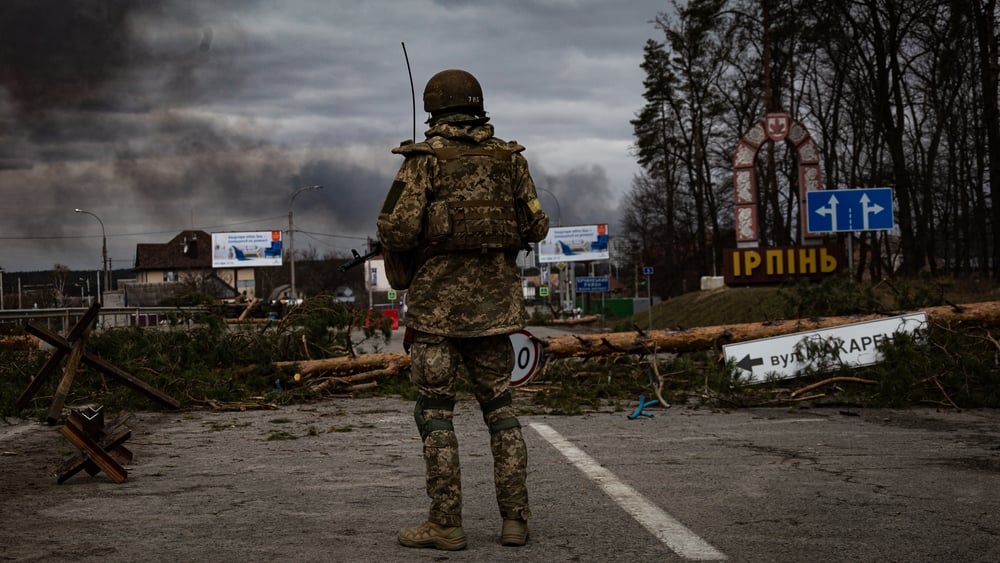- cross-posted to:
- worldnews@lemmy.ml
- worldnews
- cross-posted to:
- worldnews@lemmy.ml
- worldnews
Russia’s economy was rated as weak and vulnerable to sanctions, given its energy dependency and relatively low GDP score, which is calculated by converting the value of its economy into U.S. dollars. This measure did not account for Russia’s strategic industries, resource self-sufficiency, and access to alternative trading partners.
Turns out the material means of production are more important than made-up numbers
Overall, NATO was not well prepared for the war in Ukraine; its military doctrines foresaw interventions in civil wars or conflict with weaker opponents, not a proxy war of attrition with a peer competitor.
What happens when colonial cops with delusions of grandeur run up against an actual army
An Onion-like sentence…
This measure did not account for Russia’s strategic industries, resource self-sufficiency, and access to alternative trading partners.
Hate is blind
To be quite fair, they saw what happened to Russia after the 2014 sanctions (first after Crimea annexation, then, as if that was not enough, another round when MH17 was shot down) which took nearly 4 years to recover to pre-sanctions level. If Russia’s economy was so weak, then if we give them the full treatment, they should collapse overnight, right?
But a lot has changed over the past 9 years as well. The prior sanctions have also accelerated Russia’s effort to build self-resiliency. Russia’s agricultural policies have paid dividends and now they are fully self-sufficient with much surplus to export. Russia spent the last two decades paying off its foreign debt (often to the detriment of its own people), but it also made it one of the few countries with the lowest external debt in the world (~10% of its GDP), which means it is highly resilient to dollar sanctions unlike many countries in the Global South.
Meanwhile, China also had its taste of Trump’s hostility around 2018 and began to re-consider its strategic position, leading to them forging a much closer ties with Russia. A large part of Russia’s economy surviving the current wave of sanctions was also due to China and many Global South countries (thanks to Soviet diplomacy in the past) refusing to participate in the sanctions.
Whereas the 2014 sanctions took 44 months to recover, the far grander 2022 sanctions merely took 6 months to return to the level before the war, even shorter than the Covid pandemic recession in 2020!
or conflict with weaker opponents,
sounds imperial





